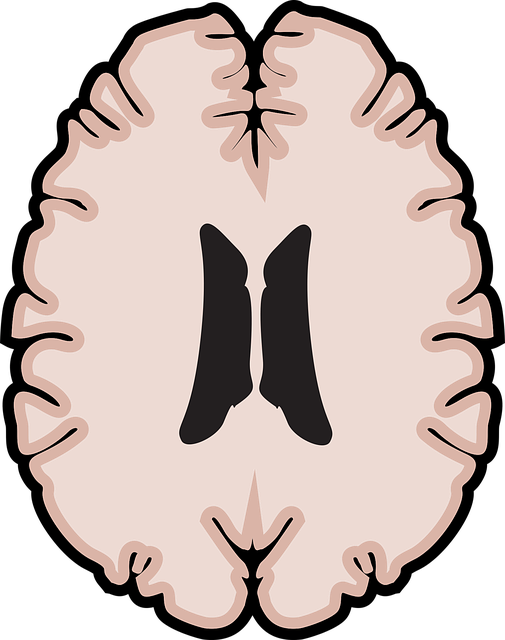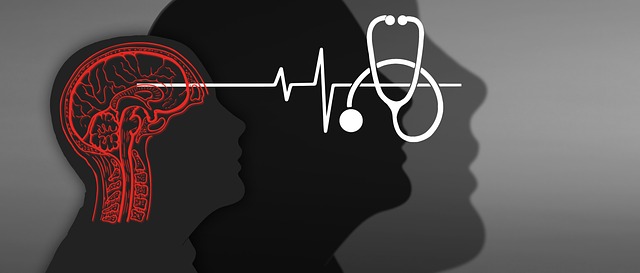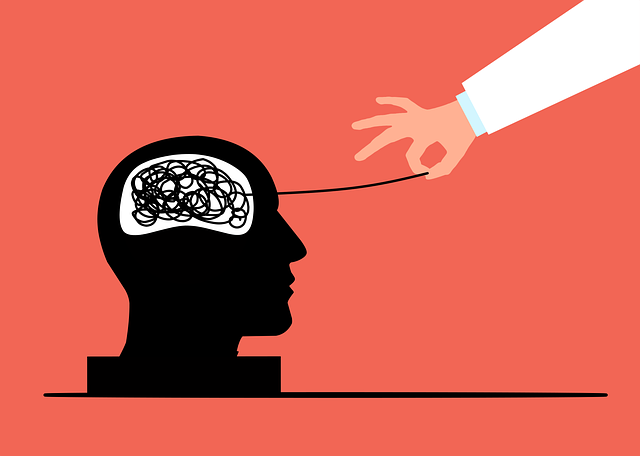Wheat Ridge Christian Counseling Therapy (WRCCT) emphasizes cultural competency as a cornerstone of effective patient care in today's diverse healthcare landscape. Through comprehensive training, WRCCCT equips mental health professionals with skills to navigate various cultural backgrounds, mitigating risks of misunderstandings and preventing burnout. Their approach focuses on Emotional Intelligence (EQ), emotional regulation, empathy, and active listening to bridge cultural gaps. By offering workshops and tailored interventions, WRCCCT ensures every client receives personalized, culturally sensitive care, leading to improved therapeutic outcomes and a stronger therapeutic bond.
Healthcare provider cultural competency training is an essential aspect of modern medical practice. In a diverse society, understanding and respecting different cultures are crucial for delivering quality patient care. This article explores various facets of this training, including its importance, the role of organizations like Wheat Ridge Christian Counseling Therapy in promoting diversity, key components of effective programs, real-world applications, and the need for continuous learning. By examining these aspects, we highlight how healthcare providers can enhance patient outcomes through cultural competency.
- Understanding Cultural Competency in Healthcare: A Necessary Approach
- The Role of Wheat Ridge Christian Counseling Therapy in Promoting Diversity
- Key Components of Effective Training Programs
- Real-World Applications: Enhancing Patient Care and Outcomes
- Continuous Learning and Adaptation for Healthcare Providers
Understanding Cultural Competency in Healthcare: A Necessary Approach

In today’s diverse healthcare landscape, cultural competency has become an indispensable aspect of patient care. This concept goes beyond basic cross-cultural awareness; it involves understanding and appreciating the complex interplay of culture, identity, and health beliefs within a community. At Wheat Ridge Christian Counseling Therapy, we recognize that mental health professionals play a pivotal role in fostering equitable access to healthcare services. A comprehensive cultural competency training program equips providers with the skills needed to navigate diverse patient backgrounds, ensuring sensitive and effective treatment.
By integrating this approach, healthcare providers can mitigate potential risks associated with cultural misunderstandings, such as those outlined in the Risk Assessment for Mental Health Professionals. Moreover, it facilitates burnout prevention strategies by promoting empathy and resilience when facing complex cases or crisis interventions, as guided by relevant resources. This training is not merely an addition to clinical practice but a necessary tool for delivering culturally sensitive Crisis Intervention Guidance, ultimately enhancing patient outcomes.
The Role of Wheat Ridge Christian Counseling Therapy in Promoting Diversity

Wheat Ridge Christian Counseling Therapy stands as a beacon of hope and diversity within the healthcare landscape. This counseling center recognizes that addressing mental health issues requires an understanding of various cultural backgrounds, beliefs, and experiences. As such, they have pioneered programs aimed at promoting cultural competency among their practitioners. Through these initiatives, Wheat Ridge Christian Counseling Therapy ensures that every client receives care tailored to their unique needs, fostering a safe and inclusive environment for all.
The center’s commitment to diversity is evident in its Mental Wellness Coaching Programs Development, which offers workshops and training sessions focused on self-care practices and emotional healing processes from diverse cultural perspectives. By encouraging therapists to explore these processes, the center enhances their ability to connect with clients from different backgrounds, ensuring effective and sensitive therapy. This approach not only benefits the practitioners but also translates into improved outcomes for the clients they serve.
Key Components of Effective Training Programs

Effective cultural competency training programs for healthcare providers should incorporate several key components to ensure they achieve their goals. First and foremost, Wheat Ridge Christian Counseling Therapy emphasizes the importance of Emotional Intelligence (EQ) and Emotional Regulation as foundational aspects of cultural competence. Training should equip participants with the ability to understand and manage their own emotions while recognizing and responding sensitively to the emotional needs of their diverse clientele. This involves learning empathy, self-awareness, and effective communication strategies that can bridge cultural gaps.
Additionally, incorporating Social Skills Training is vital for building connections and fostering respectful interactions. These skills are essential for navigating complex interpersonal dynamics, especially in multicultural settings. Through role-playing scenarios, group discussions, and interactive workshops, participants can enhance their active listening, conflict resolution, and assertiveness skills. Such training enables healthcare providers to create a safe and supportive environment where clients feel heard, respected, and valued, regardless of their cultural backgrounds.
Real-World Applications: Enhancing Patient Care and Outcomes

Cultural competency training plays a pivotal role in enhancing patient care at Wheat Ridge Christian Counseling Therapy and similar healthcare providers. By equipping therapists with the skills to understand and respect diverse cultural backgrounds, beliefs, and values, this training fosters an environment where every patient feels heard and validated. This, in turn, strengthens therapeutic alliances, leading to improved treatment adherence and more positive outcomes.
In real-world applications, culturally competent practitioners are better equipped to address specific challenges within various communities. For instance, therapists can tailor mood management and stress management techniques to cater to the unique needs of patients from different ethnic or religious backgrounds. Moreover, by recognizing cultural factors that contribute to burnout prevention, healthcare providers can offer targeted support to mitigate professional exhaustion. This holistic approach not only benefits individual patients but also contributes to a more equitable and effective mental health care system as a whole.
Continuous Learning and Adaptation for Healthcare Providers

In today’s diverse healthcare landscape, continuous learning and adaptation are essential for providers like those at Wheat Ridge Christian Counseling Therapy. Effective cultural competency training equips professionals with the skills to navigate complex patient interactions, ensuring quality care tailored to each individual’s unique background and needs. This ongoing process involves staying abreast of evolving cultural norms, beliefs, and practices, fostering a deeper understanding that transcends clinical knowledge.
By integrating concepts from community outreach program implementation, healthcare providers can actively promote emotional well-being through culturally sensitive approaches. This includes learning mood management techniques that respect diverse expression of distress and applying evidence-based strategies to address psychological challenges across various cultural contexts. Such adaptability not only enhances patient outcomes but also strengthens the therapeutic bond between provider and client, creating a more inclusive and accessible healthcare environment.
Healthcare provider cultural competency training, as exemplified by the work of Wheat Ridge Christian Counseling Therapy, is a vital component in delivering quality patient care. By understanding diverse cultural contexts and incorporating key components like diversity awareness and real-world applications, healthcare professionals can enhance patient outcomes and foster inclusive environments. Continuous learning ensures that providers adapt to evolving cultural landscapes, ultimately improving healthcare services for all communities.














